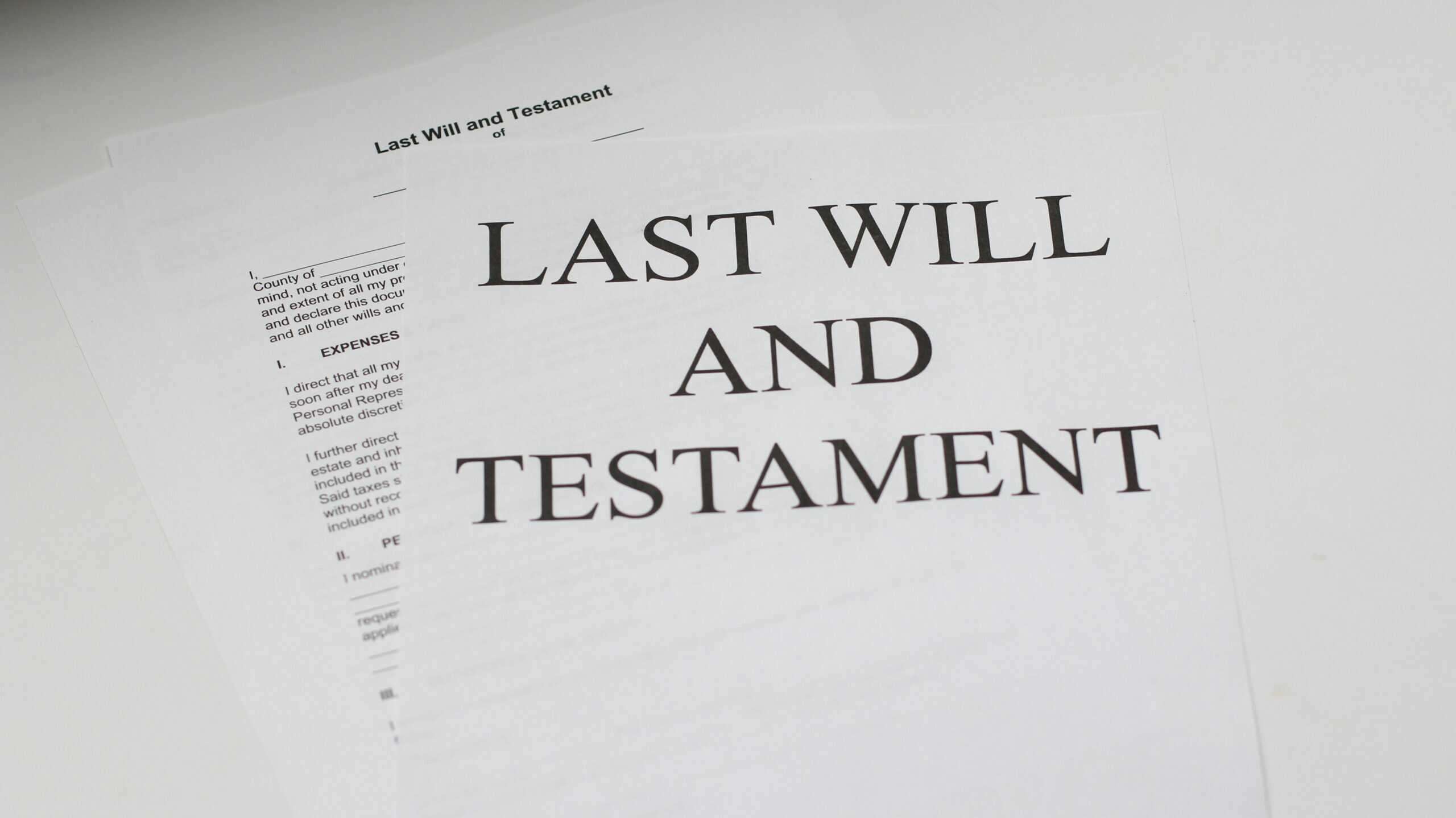Providing the best protection for your loved ones – and your assets – over the course of your life can require some serious planning. Clear communication and contact is essential in estate planning to ensure that complex topics are accessible and understandable. A living trust is a powerful estate planning tool that offers a range of benefits, particularly for California residents.
But what exactly is a living trust, and how can it help you?
Unlike a will, which only takes effect after death, a living trust provides immediate control and protection of assets, avoiding delays and ensuring continuous care during times of incapacity.
The Specifics
A living trust is a legal document that places your assets—like real estate, bank accounts, investments, personal property — into a trust during your lifetime. You, as the trust creator or “grantor,” retain control over the assets and can make changes to the trust as long as you’re alive and mentally capable.
The trust also names a successor trustee to manage the trust after your death, or if you become incapacitated. This could be a friend, son/daughter, or spouse. Unlike a will, a living trust can help bypass the lengthy and often expensive probate process, providing a smoother transition of assets to your beneficiaries.
There are two main types of living trusts:
- Revocable Living Trust: This is the most common type of living trust, allowing you to maintain full control and make changes or even revoke the trust during your lifetime.
- Irrevocable Living Trust: Once established, this type of trust cannot be altered or revoked. It’s primarily used for tax benefits and asset protection.
Understanding Living Trusts
A living trust, also known as a revocable living trust, is a legal document that allows you to manage and distribute your assets during your lifetime and after your death. This estate planning tool is designed to help you avoid probate, reduce estate taxes, and ensure that your wishes are carried out seamlessly.
When you create a living trust, you transfer your assets into the trust, and as the grantor, you retain control over the assets. You have the flexibility to make changes or even revoke the trust at any time, providing you with peace of mind and control over your estate.
What are the Details?
When you create a living trust, you transfer ownership of your assets into the trust. For example, you might retitle your house, bank accounts, and investments in the name of the trust. Although the trust technically owns these assets, you retain full control as the trustee (for a revocable trust). It is crucial to check the accuracy of asset transfers into the trust to avoid any legal complications.
When you pass away, the successor trustee steps in to distribute the assets according to the terms you’ve outlined, which, importantly, avoids probate court. If you become incapacitated, the successor trustee can manage your financial affairs on your behalf, which protects assets and ensures your bills are paid.
Why is a Living Trust Important to Protect in California?
California’s probate process is notoriously time-consuming, expensive, and public, making a living trust particularly beneficial for residents. Here’s why:
Factors such as age, marital status, and wealth don’t really matter when determining the need for a living trust. What truly matters is the possession of titled assets and the desire to prevent court interference for loved ones in case of death or incapacity.
- Avoiding Probate: Probate is the court-supervised process of distributing a person’s estate after their death. In California, probate can take months or even years and comes with significant costs, including court fees, attorney fees, and executor fees. By transferring assets into a living trust, you can bypass probate entirely, saving your loved ones time and money.
- Saving on Estate Taxes: While federal estate taxes generally apply only to very large estates (over $13 million as of 2024), California does not have a separate state estate tax. However, a living trust can still help reduce tax burdens in specific scenarios, especially for high-net-worth individuals. Read more on California estate taxes.
- Protecting Privacy: Probate is a public process, meaning anyone can access your estate records. A living trust keeps the distribution of your assets private, shielding your family’s financial information from public view.
- Incapacity Planning: In the event you’re unable to manage your affairs due to illness or injury, the successor trustee can step in to handle your finances seamlessly, avoiding the need for a court-appointed conservatorship.
Benefits of a Living Trust in California
A living trust offers several significant benefits for California residents, including:
- Avoiding Probate: Probate can be a lengthy and costly process, but a living trust can help you avoid it altogether, ensuring a smoother transition of assets to your beneficiaries.
- Reducing Estate Taxes: While California does not have a separate state estate tax, a living trust can help you minimize federal estate taxes by allowing you to transfer assets to your beneficiaries in a tax-efficient manner.
- Protecting Your Assets: A living trust can help protect your assets from creditors and lawsuits, providing an additional layer of security for your estate.
- Ensuring Your Wishes Are Carried Out: A living trust allows you to specify how you want your assets to be distributed after your death, ensuring that your wishes are carried out exactly as you intend.
Who Needs a Living Trust in California?
Anyone who owns assets in California can benefit from a living trust. However, it is particularly important for:
- Homeowners: If you own a home in California, a living trust can help you avoid probate and ensure that your home is transferred to your beneficiaries according to your wishes.
- Business Owners: If you own a business in California, a living trust can help you protect your business assets and ensure that they are transferred to your beneficiaries according to your wishes.
- Families with Young Children: If you have young children, a living trust can help you ensure that they are taken care of and that your assets are distributed according to your wishes.
Common Misconceptions About Living Trusts
Some misconceptions about living trusts exist, making it crucial to provide clear information. Some people assume that creating a will is enough to avoid probate or that a trust is only necessary for the wealthy. However, these are misconceptions. Even modest estates can benefit from a living trust if the goal is to avoid probate or ensure smooth estate administration.
It’s also worth noting that having a trust doesn’t completely eliminate the need for a will. A “pour-over will” is typically created alongside a trust to ensure that any assets accidentally left out of the trust are still distributed according to your wishes.
If you’re considering a living trust or want to learn more about how it could benefit your specific situation, contact our team at Best Coast Estate Law, P.C. today. We’re here to help you navigate the process and create a plan that protects your legacy.
For more resources, find additional information and return to our homepage.



